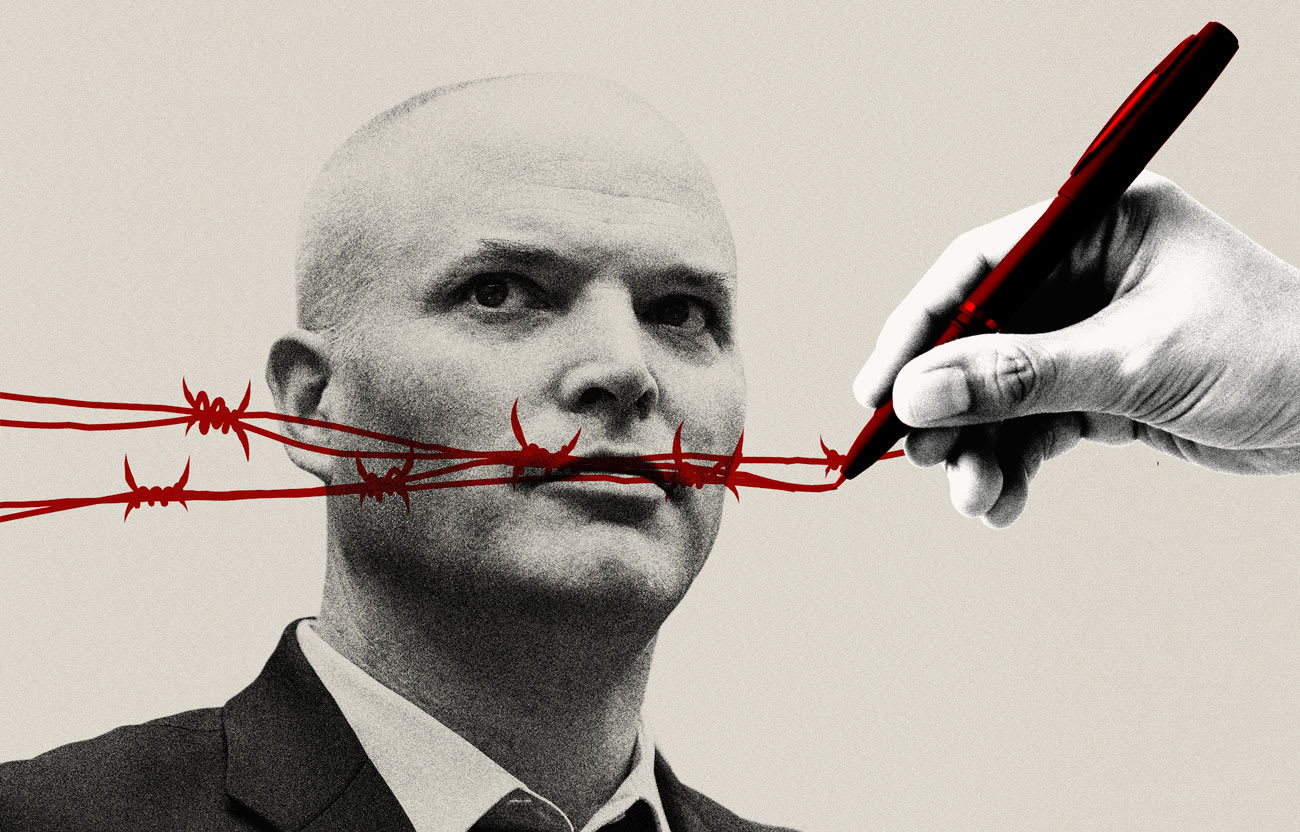Doctor: Merck's Habits 'Appalling'
A prominent cardiologist testifying in Merck & Co.'s federal trial over Vioxx accused the drug maker of engaging in scientific misconduct, suppressing clinical evidence and stifling medical discourse as it promoted the painkiller.
Dr. Eric Topol, chairman of the cardiovascular medicine department of the Cleveland Clinic, called certain aspects of Merck's behavior "repulsive" and "appalling" during a three-hour videotaped deposition played for the jury Saturday.
Topol said Vioxx can cause heart attacks any time after a patient begins taking it, and that its risks were apparent as early as 1999, when the drug was approved. Vioxx was removed from the market last year after a study showed it doubled patients' risk of heart attacks and strokes after 18 months of use.
"Vioxx's risk has been evident since trials were conducted in 1999 and all the way through the time of withdrawal in September 30, 2004," Topol said.
This is the first federal trial over Vioxx; Merck has already lost one state trial over the drug and won another, but it still faces about 7,000 lawsuits and analysts estimate its liability could reach $50 billion.
The jurors who heard Topol's testimony Saturday will be asked to decide if the drug contributed to the fatal heart attack suffered by Richard "Dicky" Irvin in May 2001. The 53-year old former manager of a seafood wholesaler had been taking Vioxx for about a month for back pain. His widow is suing Merck.
Merck argues that the drug wasn't responsible for Irvin's death, saying problems with Vioxx surface after 18 months of use, not one month, and alleging that plaque in Irvin's artery ruptured and caused the heart attack, not the drug.
The judge has asked both sides in the case not to talk to the media.
Topol said the concerns about Vioxx caught his eye after he read an article about a study released by Merck in 2000 that found patients taking Vioxx had five times the rate of heart attacks as those taking naproxen, another pain reliever. In the article, Merck explained differences found in that study by saying naproxen is cardioprotective. Topol said naproxen wasn't associated with such properties.
"To all of a sudden ascribe some type of magical protective effect (to naproxen) without any basis is not acceptable," he said.
When he compared the U.S. Food and Drug Administration records of the study with the data in the New England Journal of Medicine article, Topol said he found several discrepancies. In particular, he said, the number of deaths and heart attacks were higher in the FDA data. He called the discrepancies "scientific misconduct."
Topol also said that the company had conducted a trial in 1999 comparing Vioxx to a placebo and nabumetone, another pain reliever, that found Vioxx caused a "760 percent excess rate of heart attacks," but that the study was never published.
In 2001, as Topol was preparing to have published an article he had written highlighting cardiovascular risk from Vioxx, he received a visit from Dr. Alise Reicin, vice president of clinical research at Merck Research Labs.
According to Topol, Reicin told him he would be "embarrassed" if he published the article because he didn't have all the data. Topol learned during his deposition that Reicin had told a colleague she was hoping to get the article toned down, a move Topol said he found "appalling."
After the article was published, Topol said, Merck sent letters to doctors all over the country saying his analysis was wrong. He was said Merck also attempted to "trash" others who criticized Vioxx.
Under cross examination, Topol conceded that in his original article he wrote that results in the unpublished study were statistically insignificant, but he said he didn't have all the data at the time.
Topol also testified that Merck's former chairman Raymond Gilmartin approached the chairman of the Cleveland Clinic to complain about his frequent criticism of Vioxx. Topol referred to that action as "repulsive."
Topol, who was subpoenaed by the plaintiff to testify, declined to comment Saturday but through a spokeswoman said he only wants to be an advocate for scientific integrity and patient safety and doesn't want to be involved in litigation.
Merck filed a motion to exclude Topol's deposition but only succeeded in getting certain parts eliminated from what the jury saw. For example, at one point during the deposition, Topol read an e-mail he wrote to a colleague which said he was "bothered by the continued outrageous lies of Merck with their full page, multiple ads that 'they publish everything'...."



